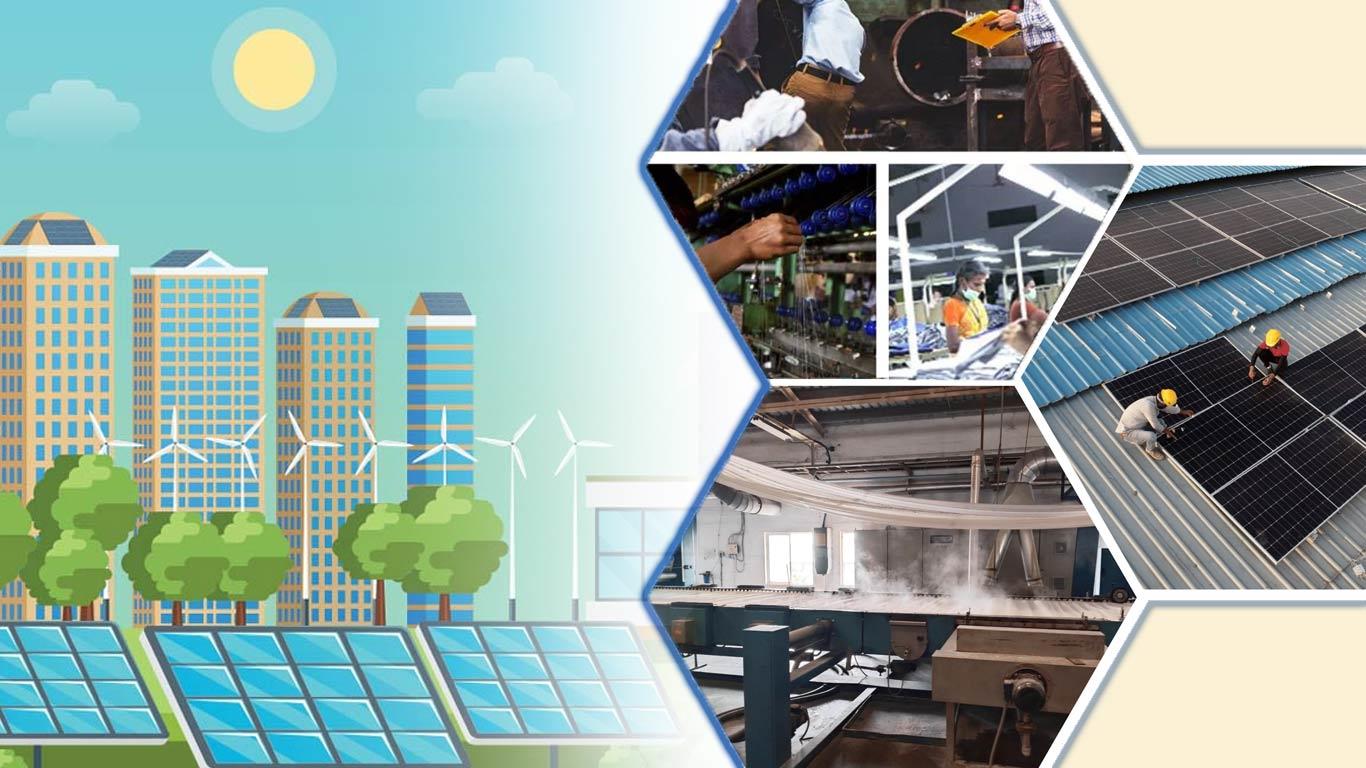
Incentivising Msmes Could Drive Nation's Shift To Sustainable Practices: WRI Study
The research suggests that incentivising these businesses, which account for a quarter of the country's total energy consumption, could pave the way for a smooth shift towards sustainable practices.
India's MSME sector, comprising 63 million businesses, is a cornerstone of the nation's economy. Employing 101 million people, these enterprises contribute 45 per cent of the total manufacturing output and 40 per cent of exports. The sector is split between manufacturing (one-third) and service and trade (two-thirds).
The study comes at a critical time, as India aims to reduce CO2 emissions by 1 billion tons and lower carbon intensity below 45 per cent by 2030. However, the MSME sector faces significant challenges in adopting clean energy practices.
Limited access to finance, due to insufficient collateral and credit history, forces many MSMEs to rely on outdated, energy-intensive technologies. This has led to a concerning trend: a 6.8 per cent year-on-year increase in energy consumption between 2012-13 and 2019-20.
Projections indicate that MSME energy consumption could more than double from 30 million tonnes of oil equivalent in 2016-17 to 72-17 million tonnes by 2029-30.
While acknowledging the positive impact of various government schemes, the WRI study identified a critical gap: the absence of a standardised framework to measure the real-world impact of these initiatives on the clean energy transition.
The researchers recommend a comprehensive assessment of governance structures, institutional frameworks, and coordination mechanisms. They also emphasise the need to address key issues within the MSME sector.
One significant challenge is the lack of awareness about existing schemes among many MSMEs, which prevents them from taking advantage of available support.
Additionally, the lengthy documentation processes often associated with these schemes can be a deterrent for small businesses with limited resources.
The extended payback periods for renewable energy investments pose another obstacle, as many MSMEs may struggle to justify the upfront costs. Furthermore, gaps in sector-specific skills and knowledge hinder the effective implementation of clean energy solutions in these enterprises.
Gowthami T S, the lead author and Senior Project Associate at WRI India, stressed the importance of supporting MSMEs through this transition: "Given their vulnerability, MSMEs will need policy consistency, government backing, awareness of the benefits of clean energy, and a supportive regulatory environment to decarbonise and survive the challenges that come with energy transition and a climate-stressed world."
(KNN Bureau)
Legal Disclaimer:
MENAFN provides the
information “as is” without warranty of any kind. We do not accept
any responsibility or liability for the accuracy, content, images,
videos, licenses, completeness, legality, or reliability of the information
contained in this article. If you have any complaints or copyright
issues related to this article, kindly contact the provider above.


















Comments
No comment